Showing 1-15 of 38 results

Health Lab
A weight navigation program for primary care patients with obesity led to more use of proven weight management strategies and more weight loss

Health Lab
A national study from Michigan Medicine shows that the use of these weight loss drugs is increasing rapidly in adolescents and young adults 12-25 years, especially females.
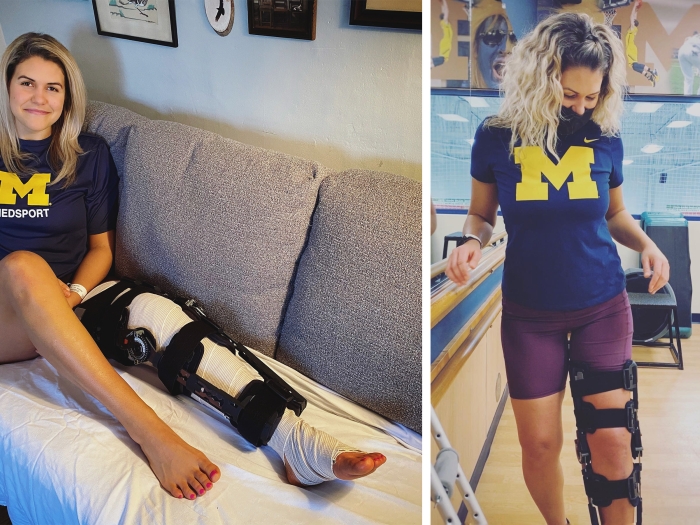
Health Lab
A musician receives live donor cartilage that changes her life.

Medical School News
In the second season of The Fundamentals podcast, co-hosts Kelly Malcom and Jordan Goebig talk to several leading experts from the Medical School about their fields and the fundamental questions they are trying to answer — and discover why U-M is such an amazing place for research. Six new episodes of the popular podcast were released on May 6

Health Lab
Among people with multiple sclerosis in the United States, more than half experienced at least one fall in a six-month period and approximately one-third of those falls resulted in an injury.
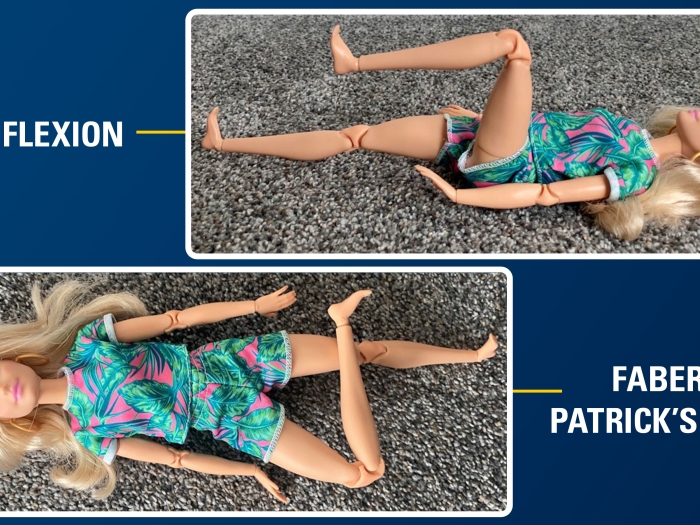
Health Lab
At the University of Michigan Health C.S. Mott Children's Hospital, one physician found a way to help pediatric patients demonstrate different joint movements using a Barbie doll.

Health Lab
A growing number of people living with Alzheimer’s disease and related dementias – especially those from diverse backgrounds – receive care from a network of individuals that increasingly includes nontraditional informal caregivers.
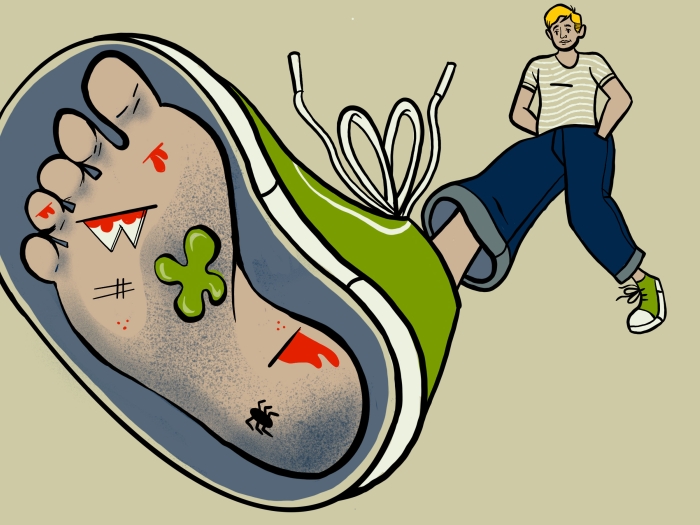
Health Lab
Tik Tok trend of going barefoot in public is a bad idea according to podiatrists
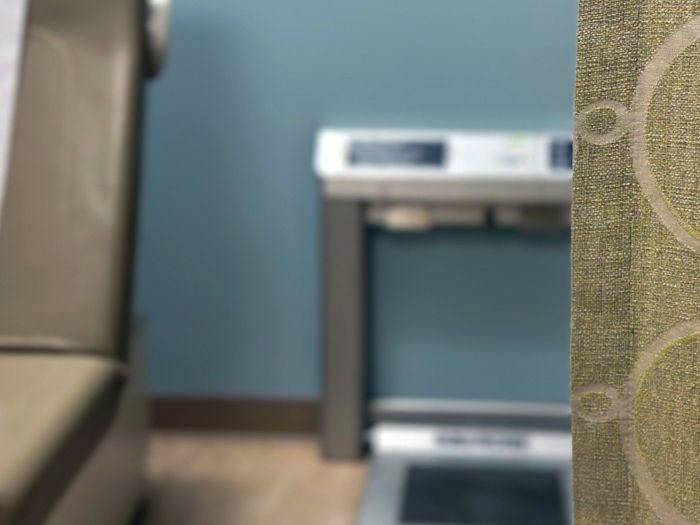
Health Lab
Obesity care under a health care provider’s supervision, whether through nutrition counseling, medication, meal replacement or bariatric surgery, can help people with high BMI, but many don’t receive it.

Health Lab Podcast
U.S. emergency departments see 96% fewer visits, $7.6 million less in medical costs after FDA approval of over the counter emergency contraception.

Health Lab
Cardiologist shares how weight loss medications may impact cardiovascular health.

Health Lab
Study uncovers genetic components of insulin resistance.

Health Lab
A Michigan Medicine-led study found that transgender individuals show similar rates of severe parental morbidity and preterm birth and lower rates of cesarean delivery when compared to cisgender people.

Health Lab
One diabetes program is moving to revolutionize investigations and treatment in the field
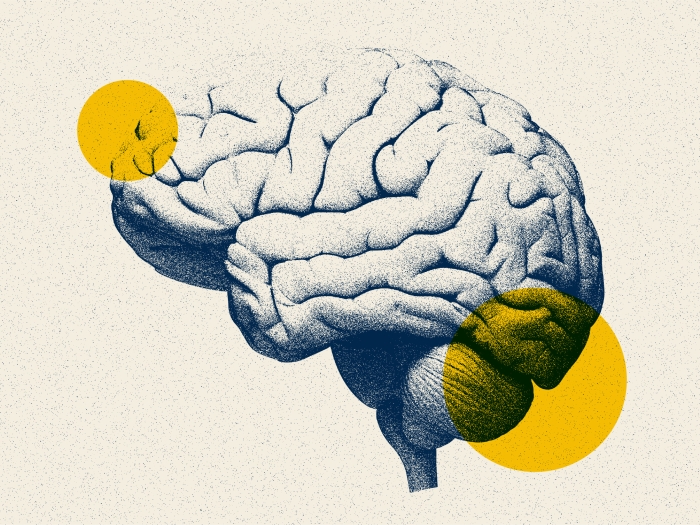
Health Lab
Investigators found that people with obesity who underwent bariatric surgery had stable cognition two years later. Researchers say it suggests that bariatric surgery may mitigate the natural history of cognitive decline expected in people with obesity.